Call For Papers: RGS-IBG Annual Conference, London, 29th August -1st September 2017.
Que(e)rying Gender and Tourism Research
Eveleigh Buck-Matthews, Coventry University
Dr Jaeyeon Choe, Bournemouth University
Dr Claudia Eger, University of Warwick
Heather Jeffrey, University of Bedfordshire
Dr Caroline Scarles, University of Surrey
Sponsored by the Geographies of Leisure and Tourism Research Group (GLTRG) and the Gender and Feminist Geographies Research Group (GFGRG)
There is a growing body of knowledge concerned with gender and tourism, but still many voices remain unheard. Feminists are as varied as the subjectivities they so often research, but are joined together within a common emancipatory project. Queer theory can aid in an emancipatory project by destabilising foundational assumptions of normality (de Souza, Brewis & Rumens, 2016; Rumens & Tyler, 2016), and yet it has received little attention from tourism scholars. This session is designed to engage participants in a critical conversation on gender and feminism within tourism, hospitality and events research, to explore contentious issues among feminists and pave the way for collaboration. Papers concerning any aspect of gender within tourism, hospitality and events research are invited, as well as papers investigating multiple voices and perspectives within gender and tourism, which may relate to but not be confined by the following areas:
• Female hosts as guests and the reification of roles
• Masculinities in tourism, hospitality, and events
• LGBTQ voices in tourism, hospitality, and events
• Casual/precarious gendered workers
• Postcolonial feminism and subaltern studies in tourism
• Insights from queer theory for gender and tourism
• Feminist theory and practice
We are currently seeking contributions for a paper presentation session involving presentations each lasting around 15 minutes with time for questions. The presentation may be executed in a traditional or innovative style, and we actively encourage a wide range of styles; including snapshots and pechakucha.
Please send abstracts (approx. 250 words) with author contact details to Heather Jeffrey (heather.jeffrey@beds.ac.uk) by the 14th February 2017.
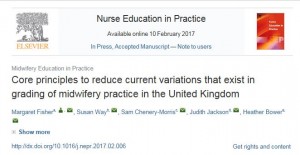 (2017) Core principles to reduce current variations that exist in grading of midwifery practice in the United Kingdom, Nurse Education in Practice (forthcoming) see: http://www.nurseeducationinpractice.com/article/S1471-5953(17)30092-6/abstract
(2017) Core principles to reduce current variations that exist in grading of midwifery practice in the United Kingdom, Nurse Education in Practice (forthcoming) see: http://www.nurseeducationinpractice.com/article/S1471-5953(17)30092-6/abstract
 The next Researchfish submission period will run in February/March 2017. The key dates and policies for the 2017 exercise are detailed below…
The next Researchfish submission period will run in February/March 2017. The key dates and policies for the 2017 exercise are detailed below…
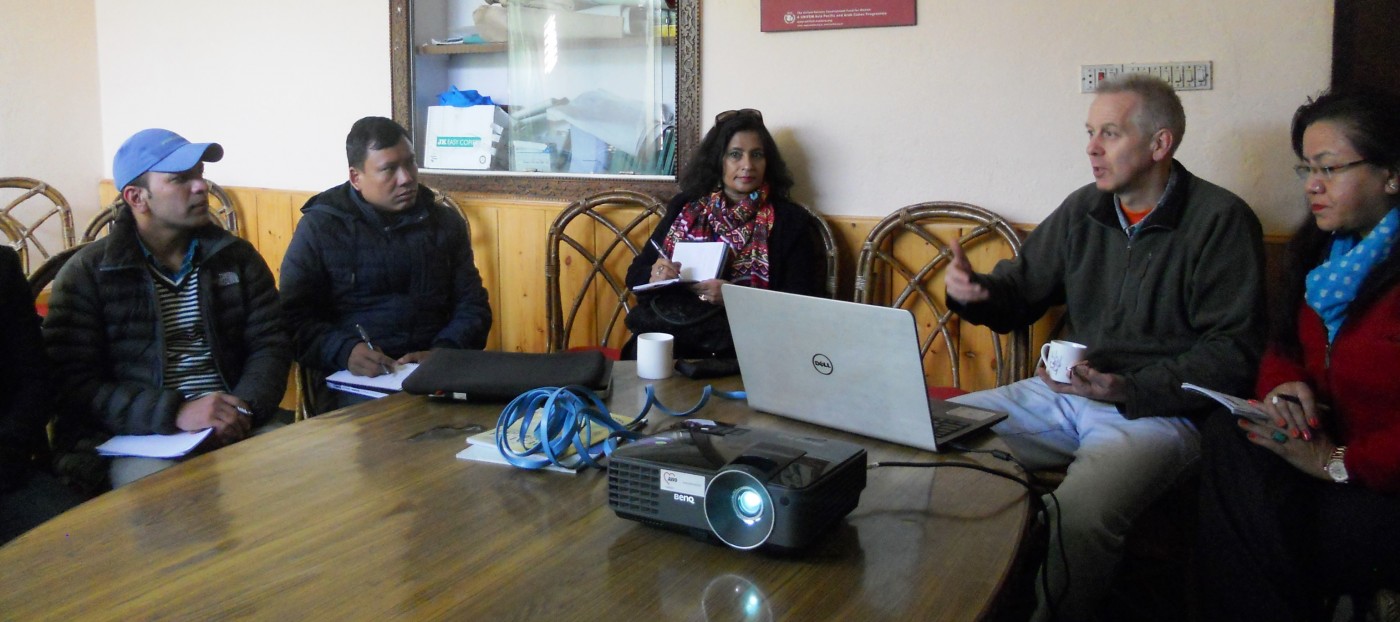


 BU has an agreement with Springer which enables its authors to publish articles open access in one of the Springer Open Choice journals at no additional cost.
BU has an agreement with Springer which enables its authors to publish articles open access in one of the Springer Open Choice journals at no additional cost. 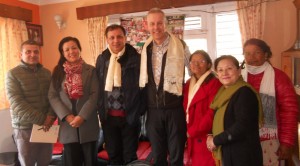
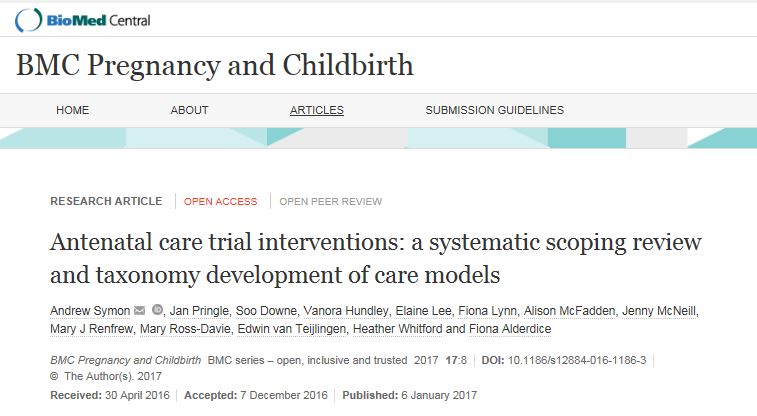
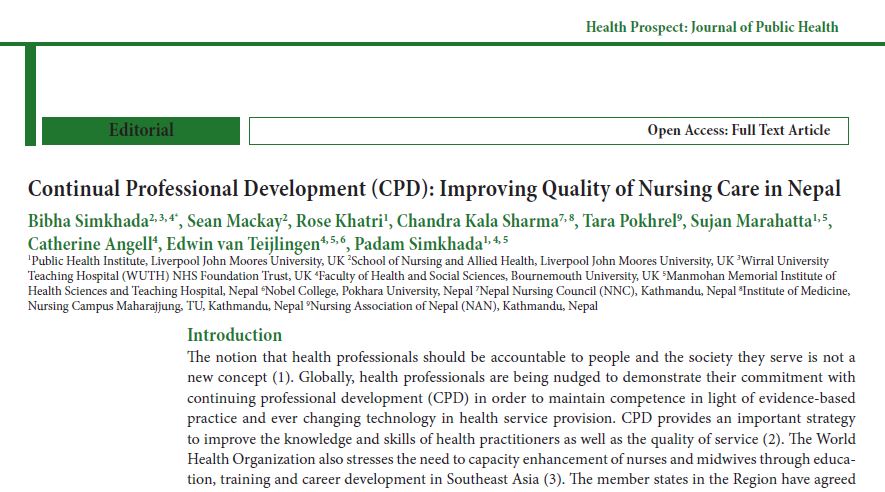

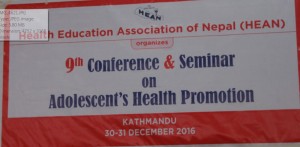 Yesterday Prof. Edwin van Teijlingen from BU’s Centre for Midwifery, Maternal & Perinatal Health (CMMPH) spoke at the 9th Conference and Seminar on Adolescent’s Health Promotion in Kathmandu. This event was organised by the Health Education Association of Nepal (HEAN). The first keynote speech ‘Adolescent’s Health Promotion: Global Perspectives‘ was presented by BU Visiting Faculty Prof. Padam Simkhada (based at Liverpool John Moores University) on behalf of his BU co-authors Dr. Pramod Regmi and Prof. Edwin van Teijlingen. The second keynote speech ‘Global Health Promotion Approach‘ was presented jointly by Prof. van Teijlingen and Green Tara Nepal country director Mr. Ram Chandra Silwal on behalf of their collaborators Prof. Simkhada and Green Tara Trust, UK (Dr. Jane Stephens and Ms. Colette Fanning).
Yesterday Prof. Edwin van Teijlingen from BU’s Centre for Midwifery, Maternal & Perinatal Health (CMMPH) spoke at the 9th Conference and Seminar on Adolescent’s Health Promotion in Kathmandu. This event was organised by the Health Education Association of Nepal (HEAN). The first keynote speech ‘Adolescent’s Health Promotion: Global Perspectives‘ was presented by BU Visiting Faculty Prof. Padam Simkhada (based at Liverpool John Moores University) on behalf of his BU co-authors Dr. Pramod Regmi and Prof. Edwin van Teijlingen. The second keynote speech ‘Global Health Promotion Approach‘ was presented jointly by Prof. van Teijlingen and Green Tara Nepal country director Mr. Ram Chandra Silwal on behalf of their collaborators Prof. Simkhada and Green Tara Trust, UK (Dr. Jane Stephens and Ms. Colette Fanning).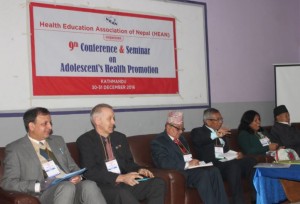

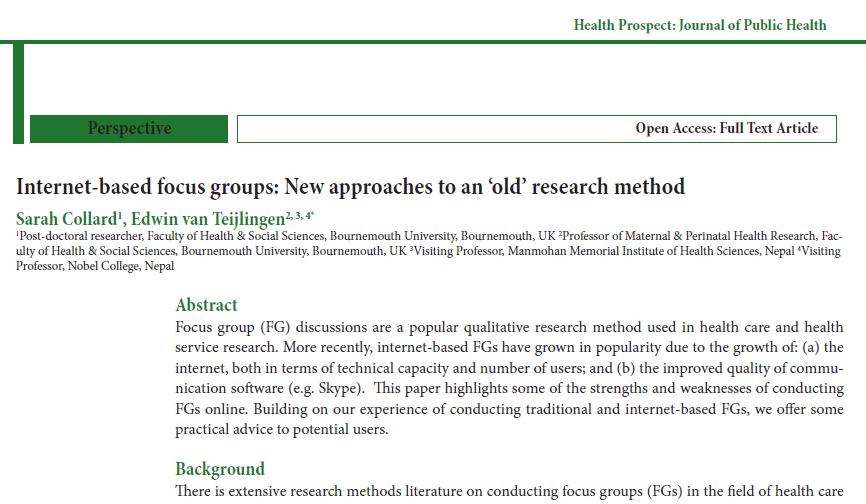
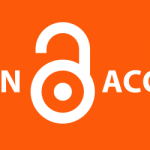
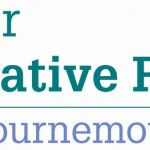
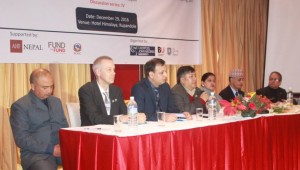
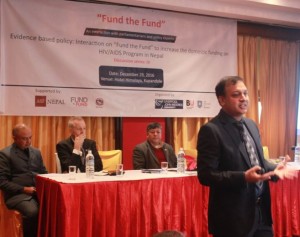
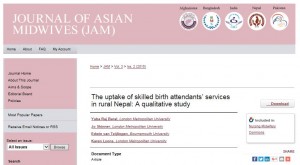
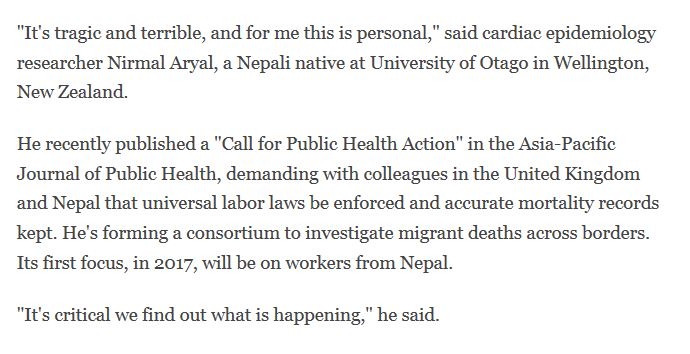
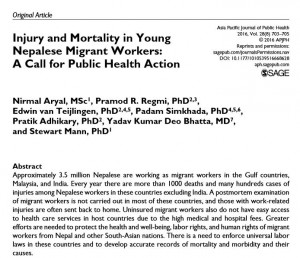
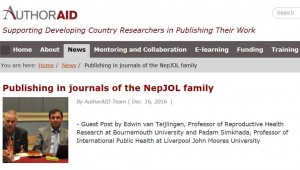
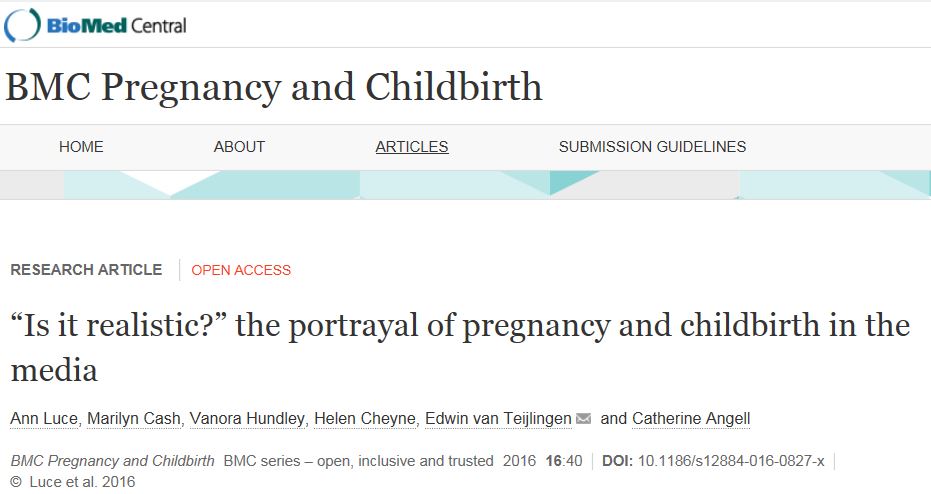











 Seeing the fruits of your labour in Bangladesh
Seeing the fruits of your labour in Bangladesh Exploring Embodied Research: Body Map Storytelling Workshop & Research Seminar
Exploring Embodied Research: Body Map Storytelling Workshop & Research Seminar Marking a Milestone: The Swash Channel Wreck Book Launch
Marking a Milestone: The Swash Channel Wreck Book Launch No access to BRIAN 5-6th February
No access to BRIAN 5-6th February ECR Funding Open Call: Research Culture & Community Grant – Application Deadline Friday 12 December
ECR Funding Open Call: Research Culture & Community Grant – Application Deadline Friday 12 December MSCA Postdoctoral Fellowships 2025 Call
MSCA Postdoctoral Fellowships 2025 Call ERC Advanced Grant 2025 Webinar
ERC Advanced Grant 2025 Webinar Update on UKRO services
Update on UKRO services European research project exploring use of ‘virtual twins’ to better manage metabolic associated fatty liver disease
European research project exploring use of ‘virtual twins’ to better manage metabolic associated fatty liver disease